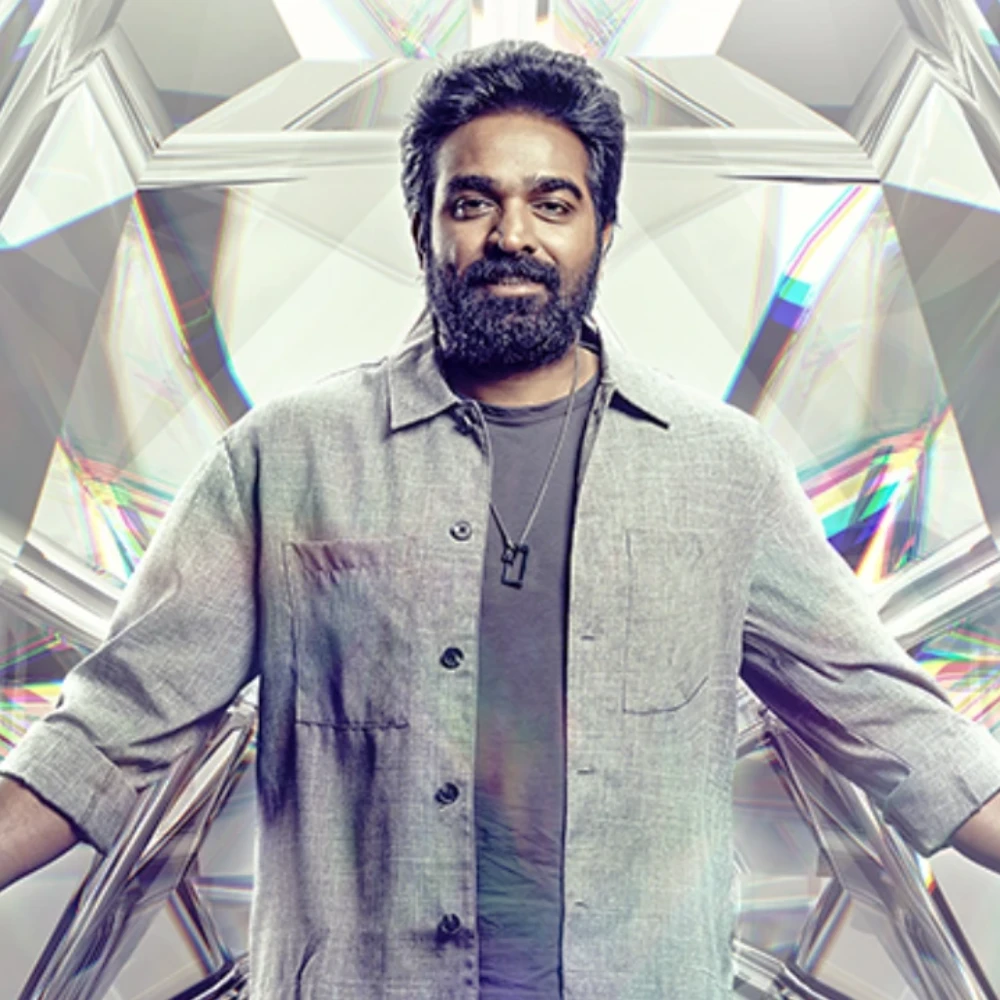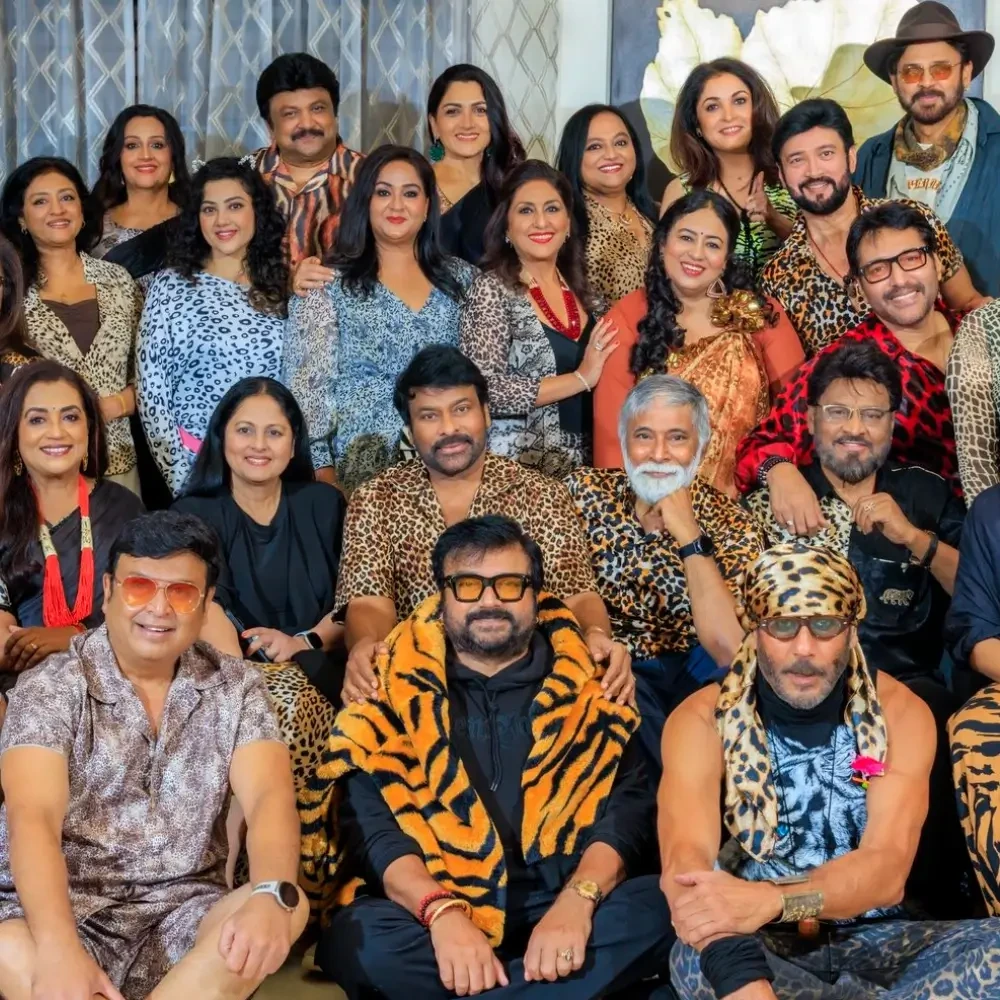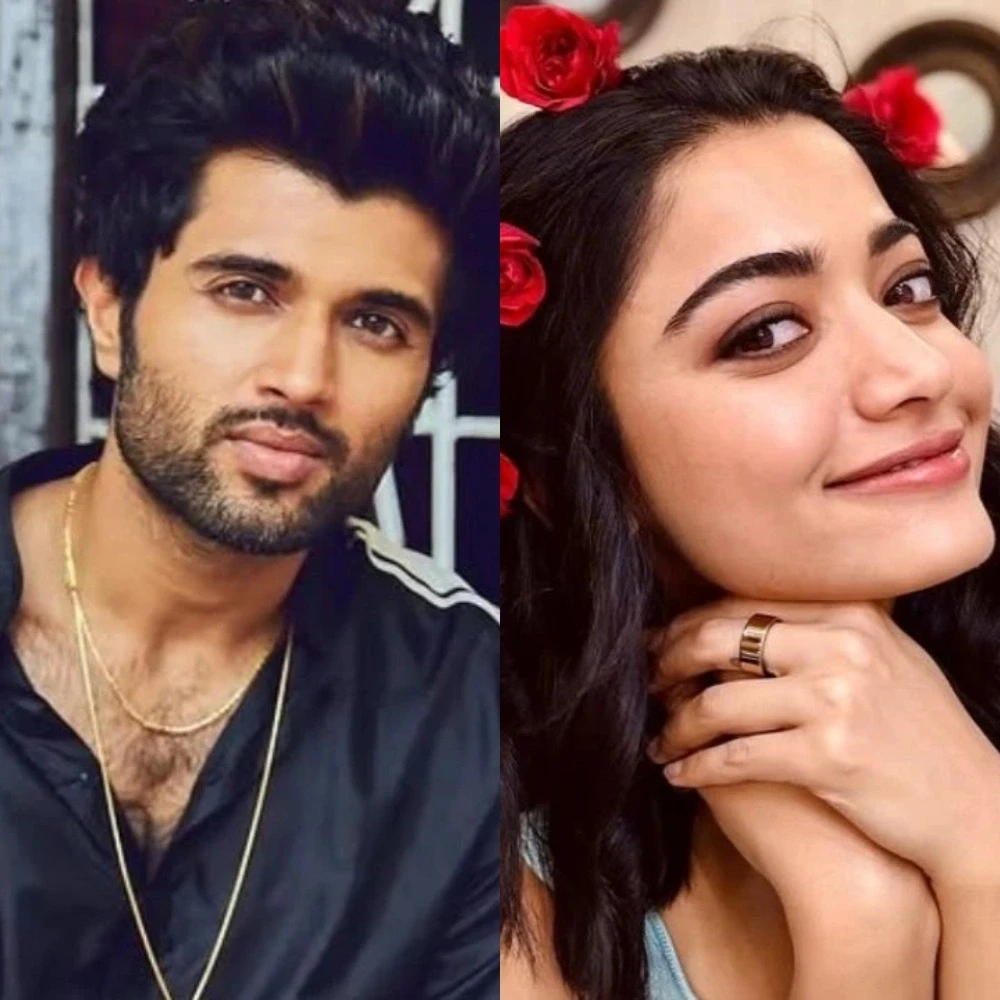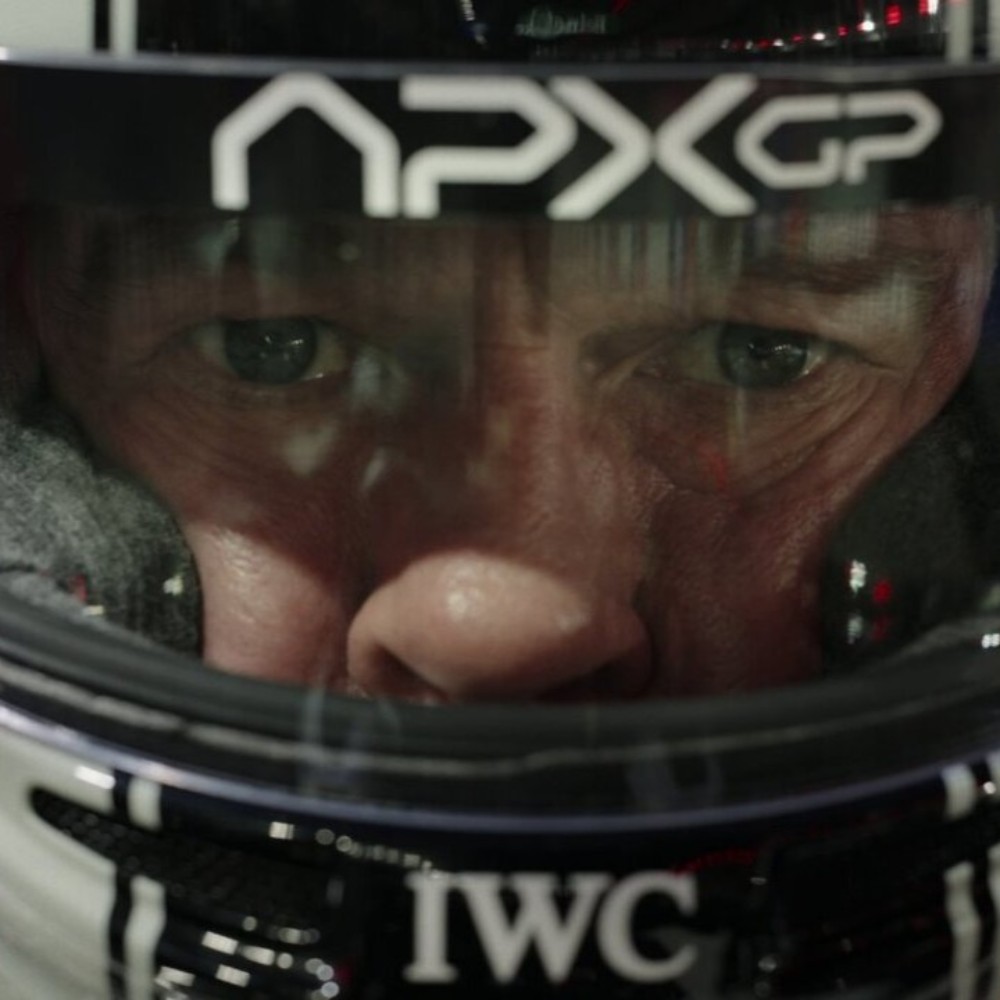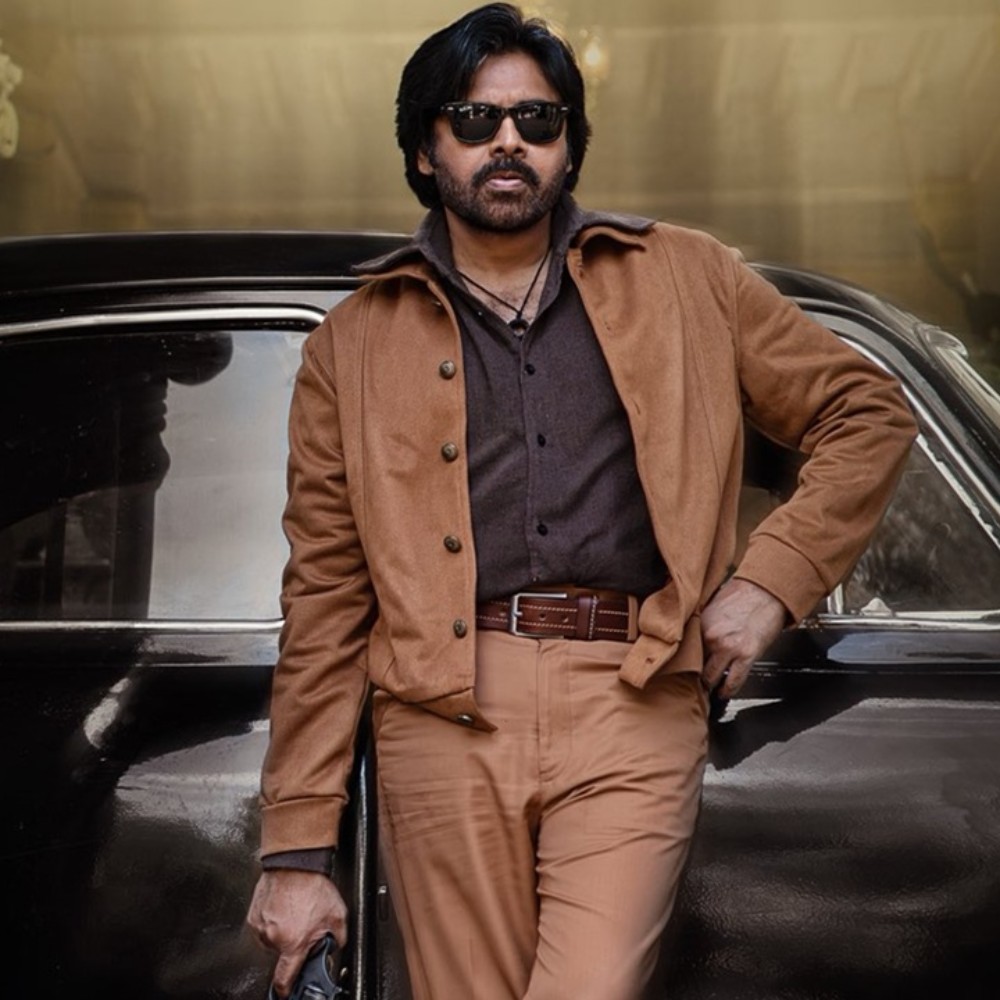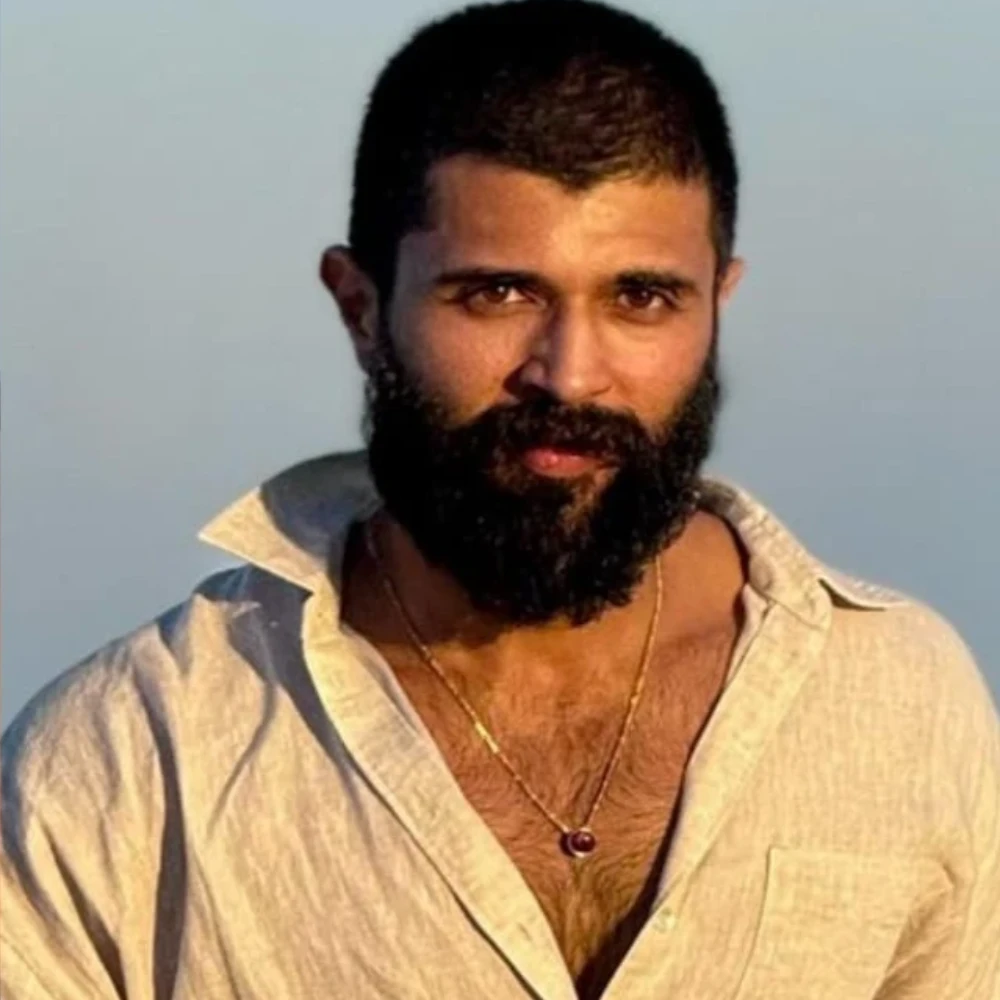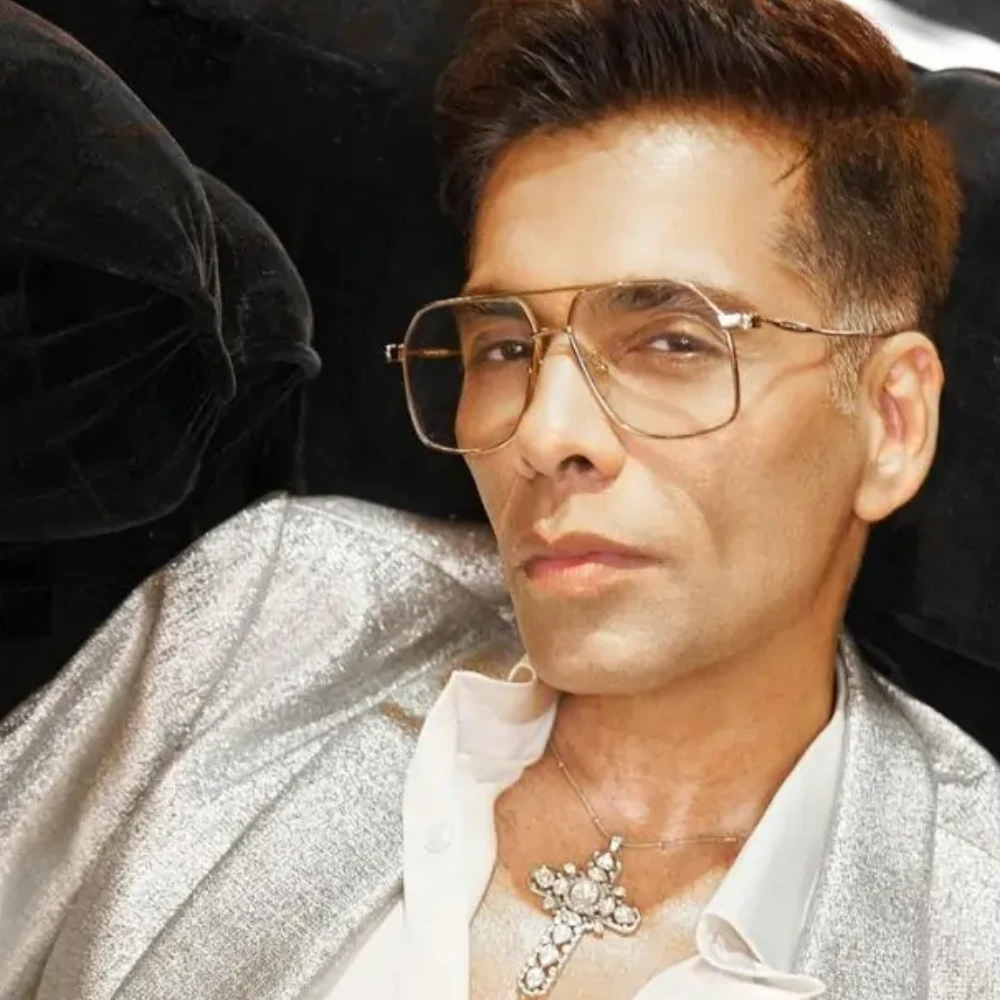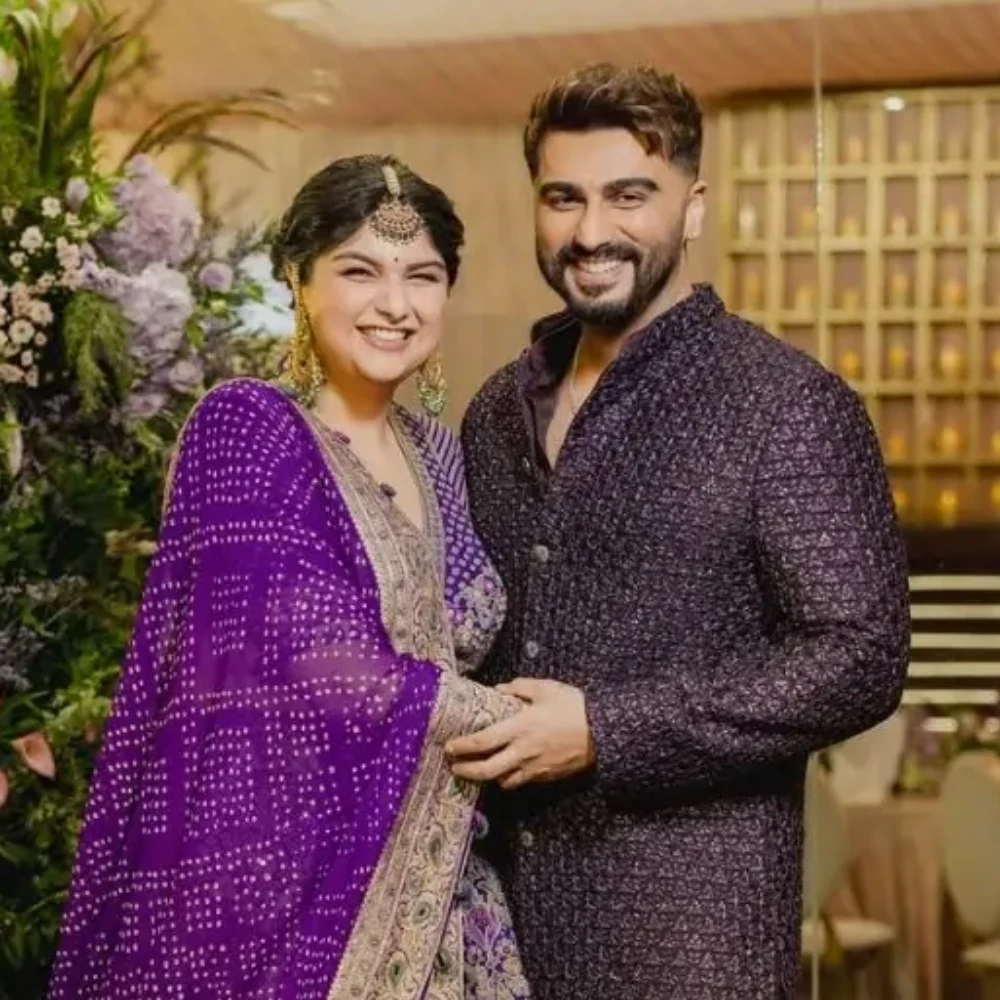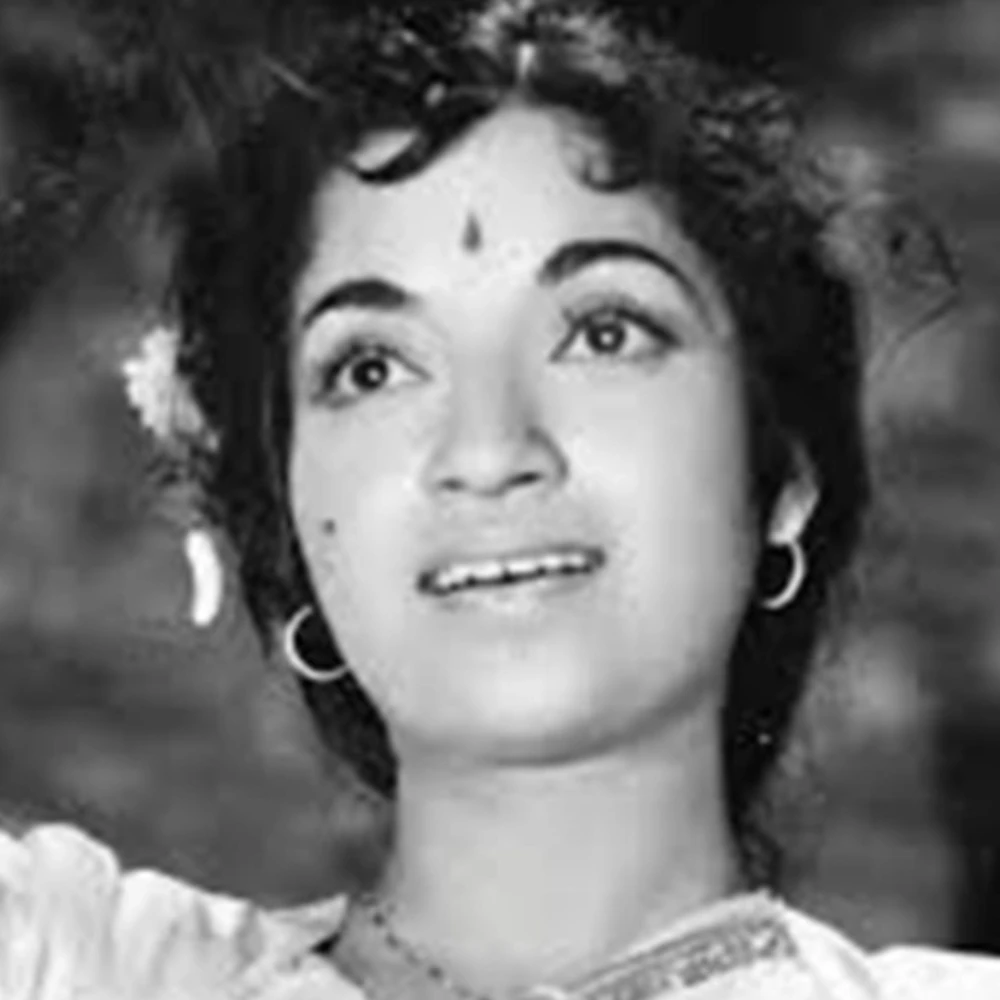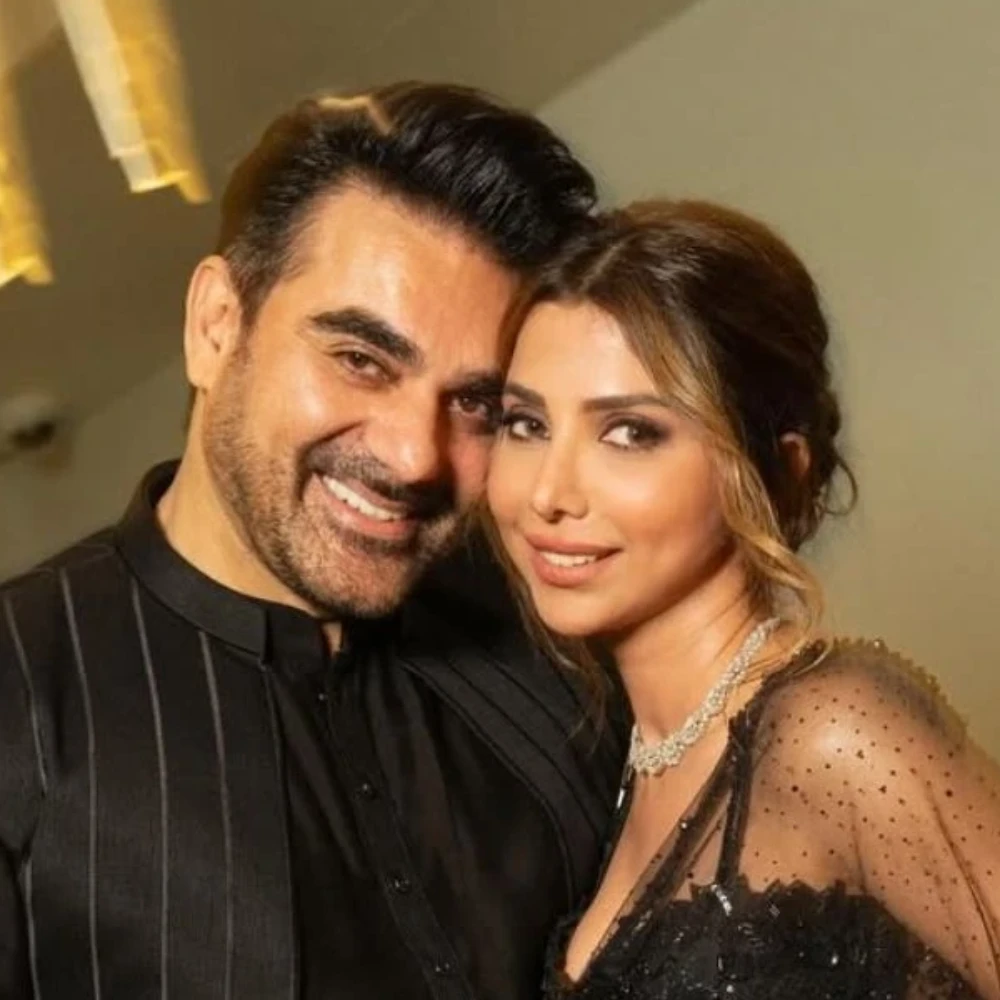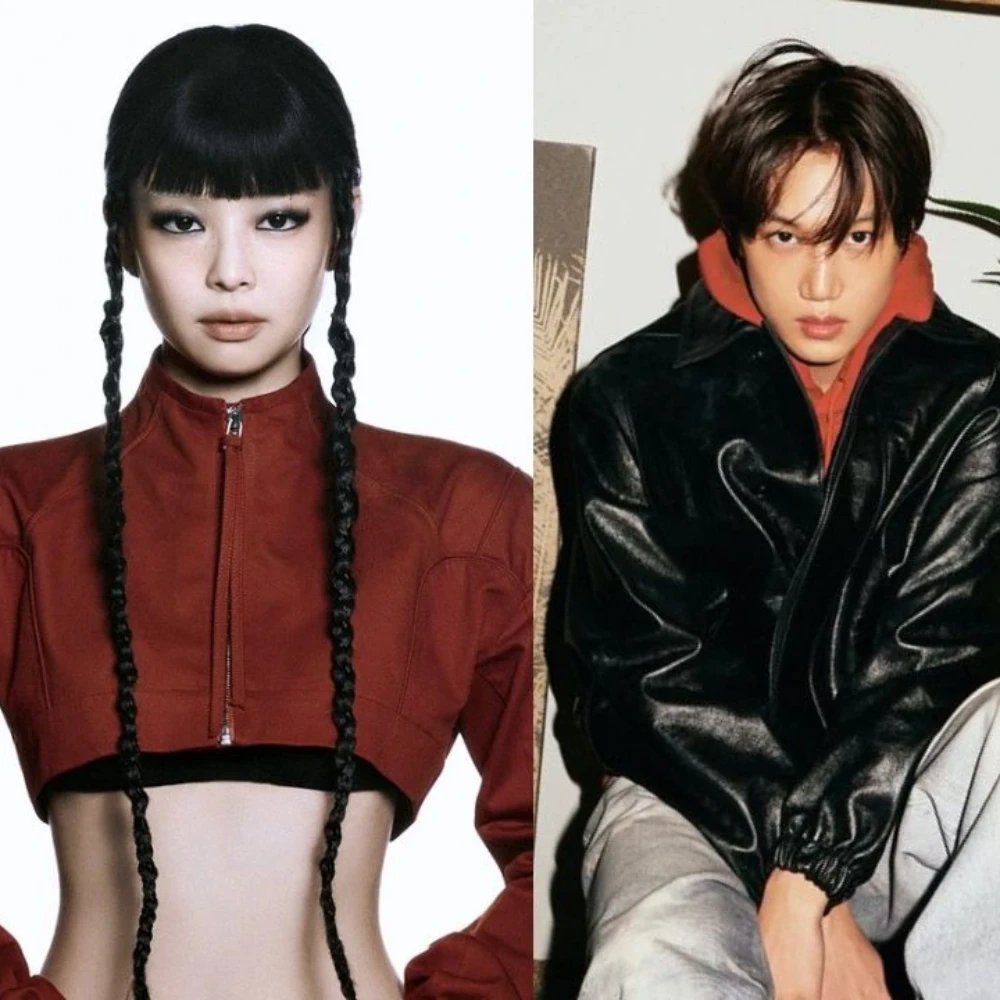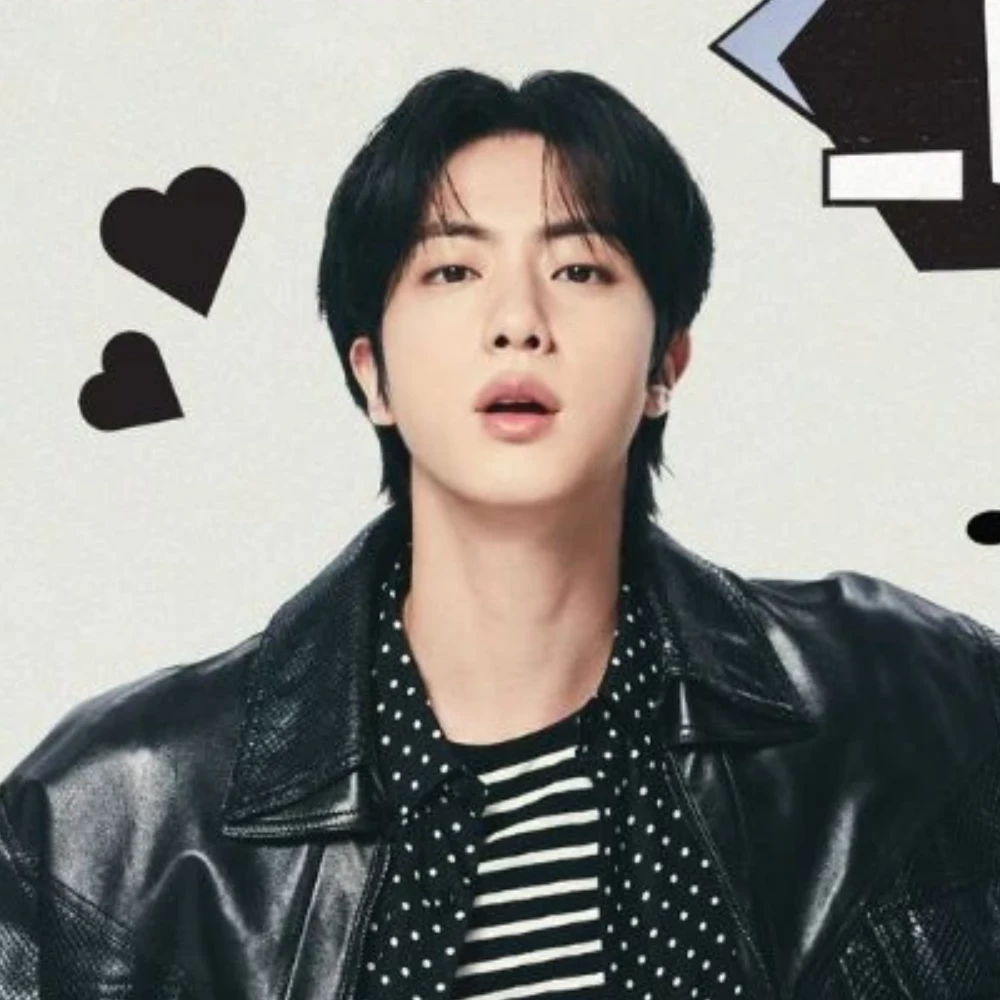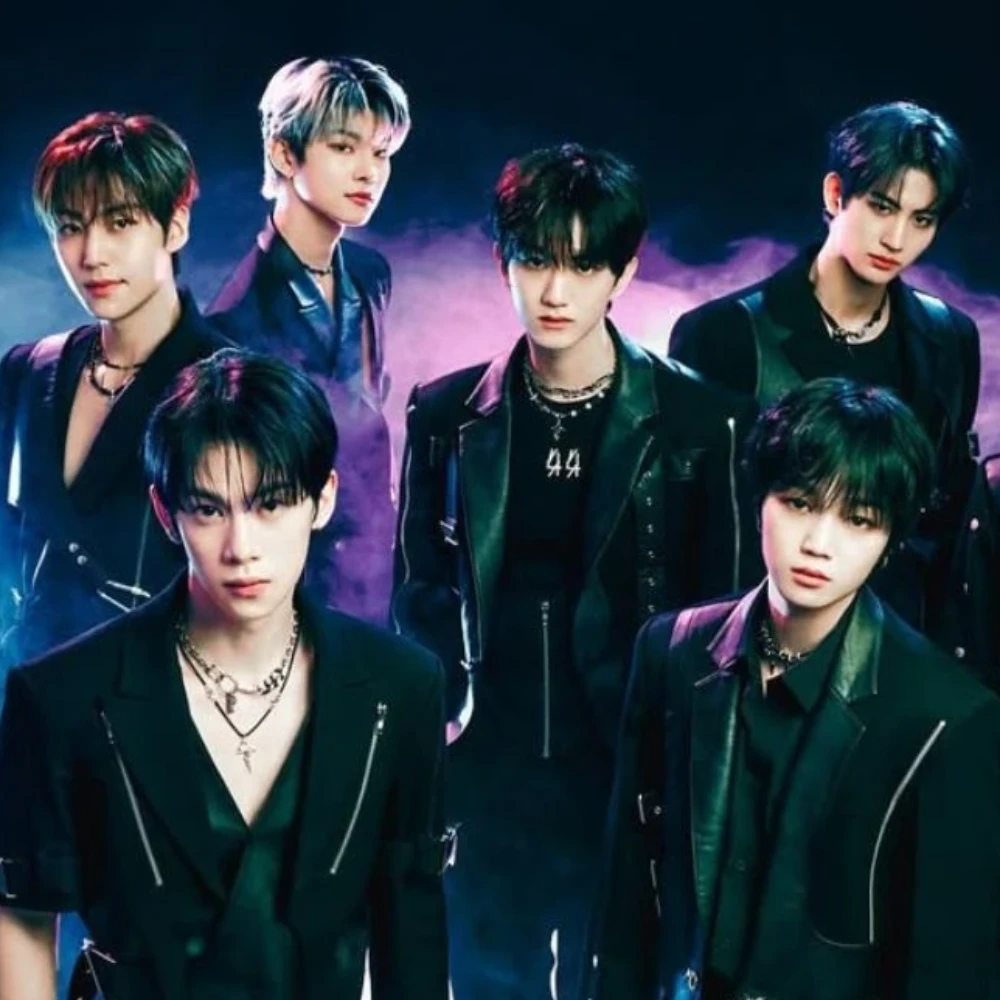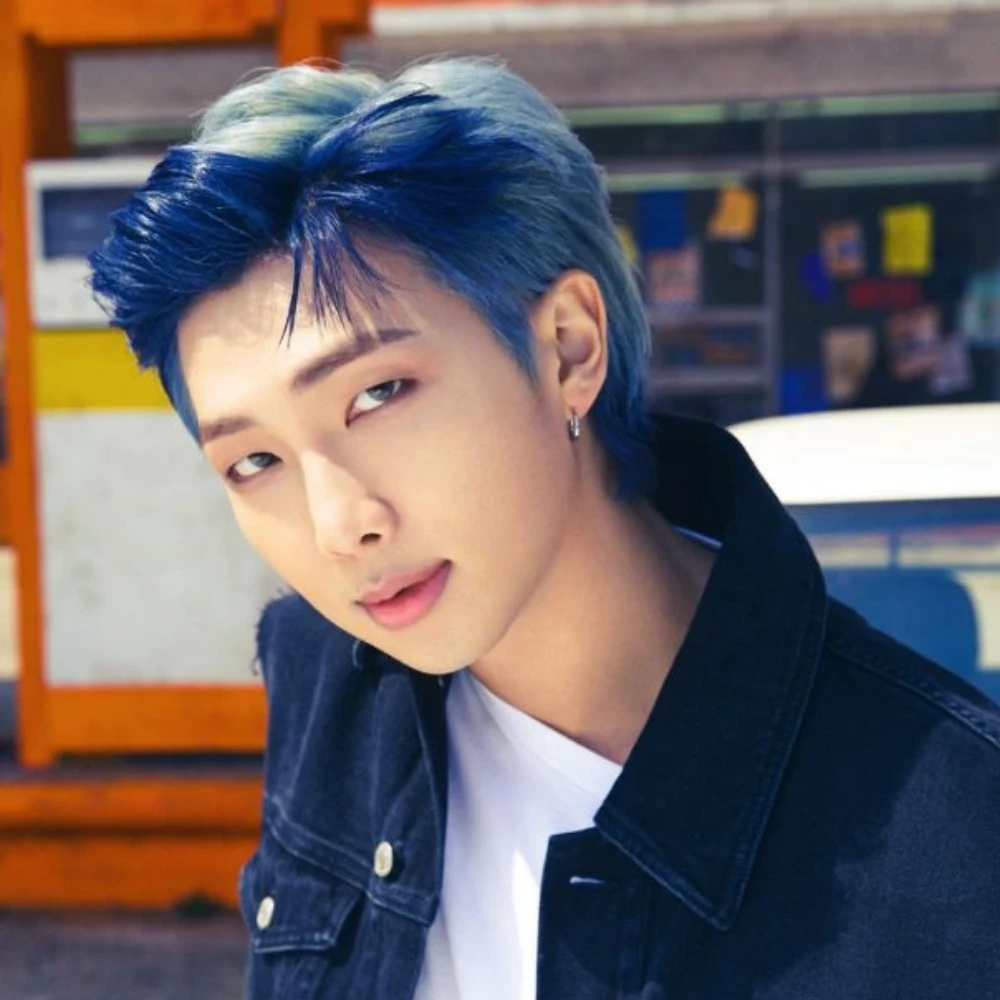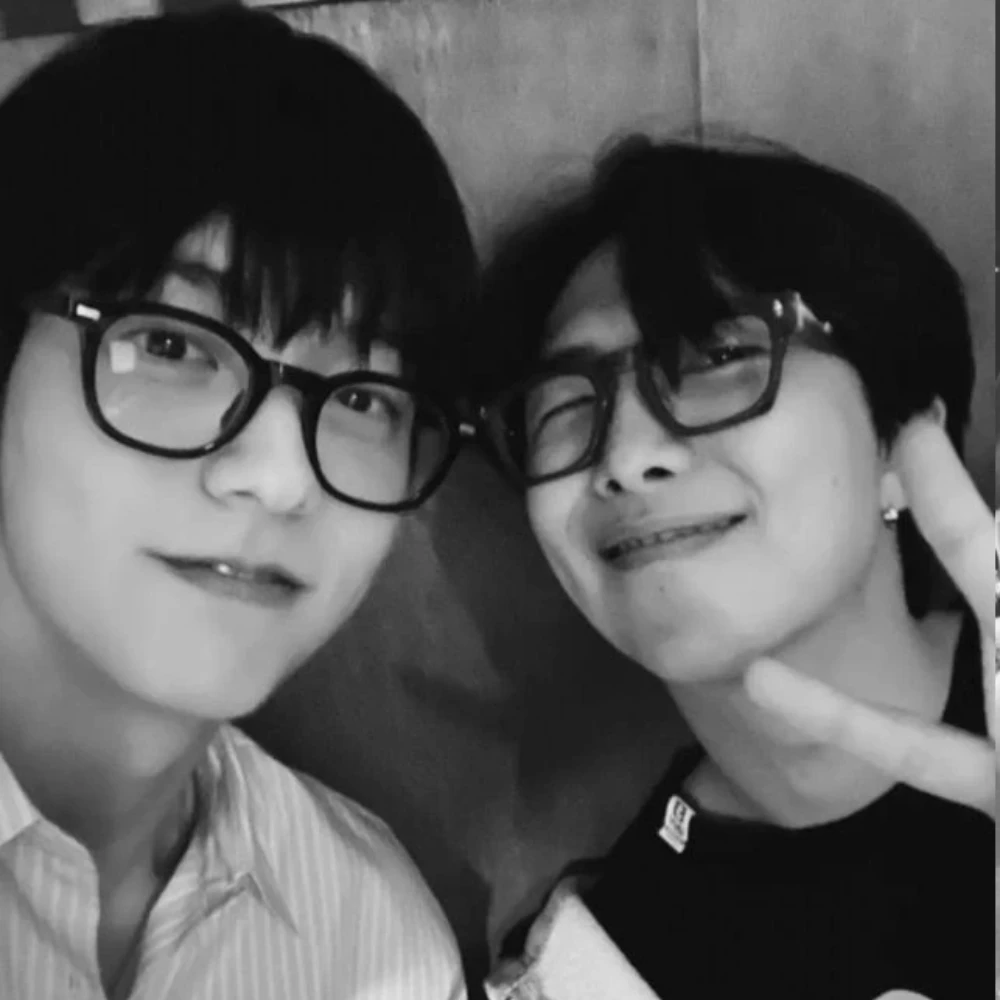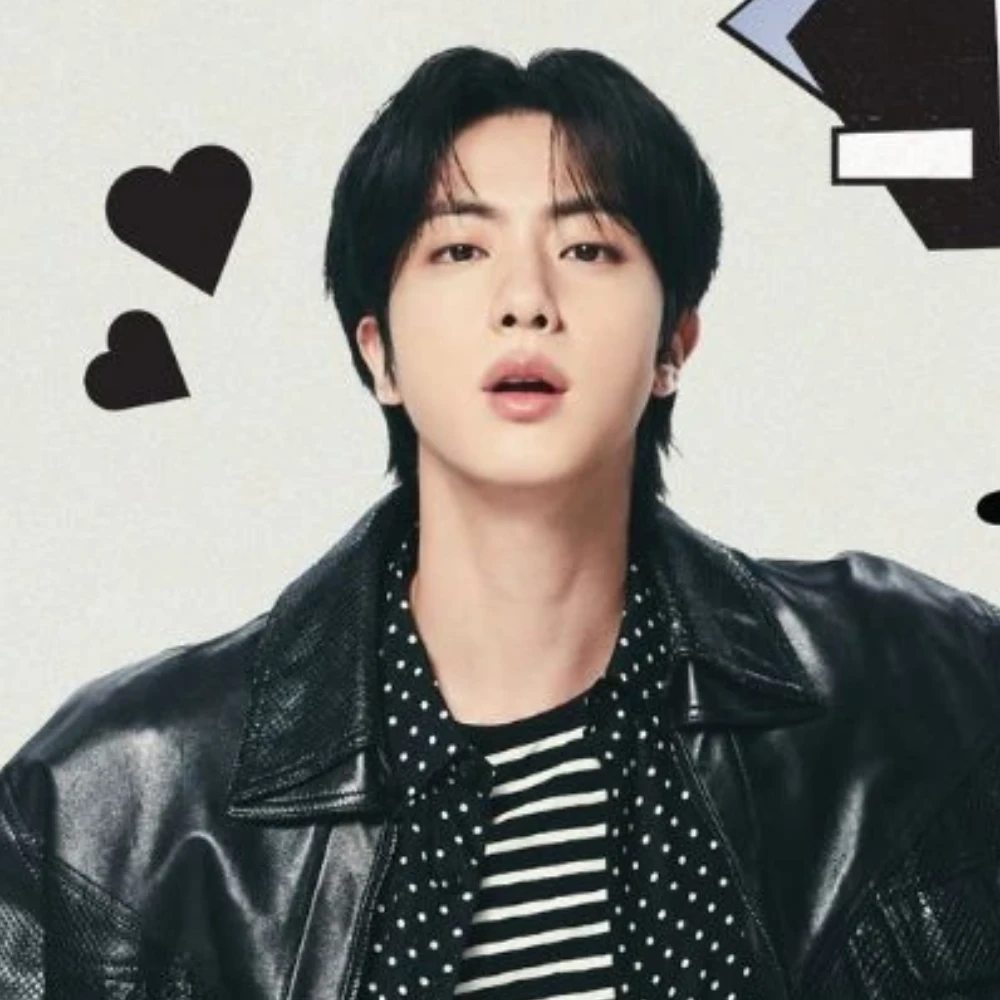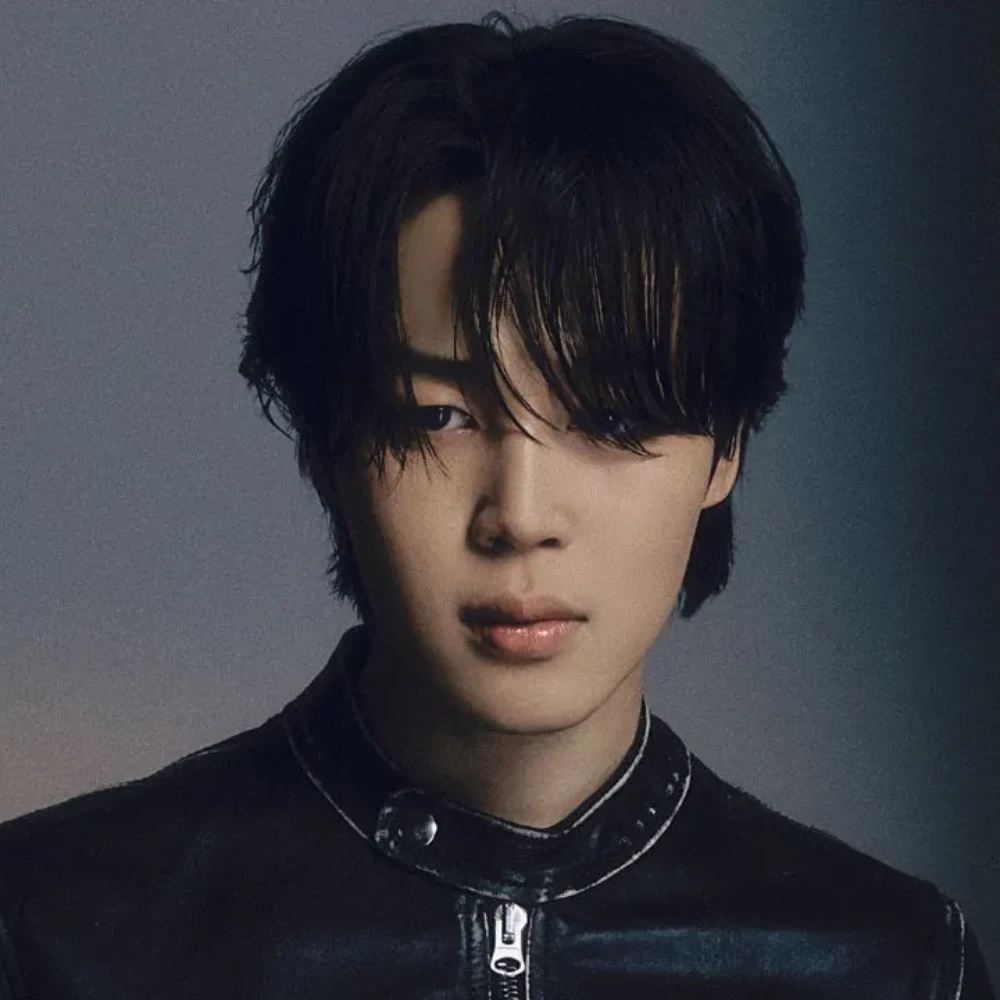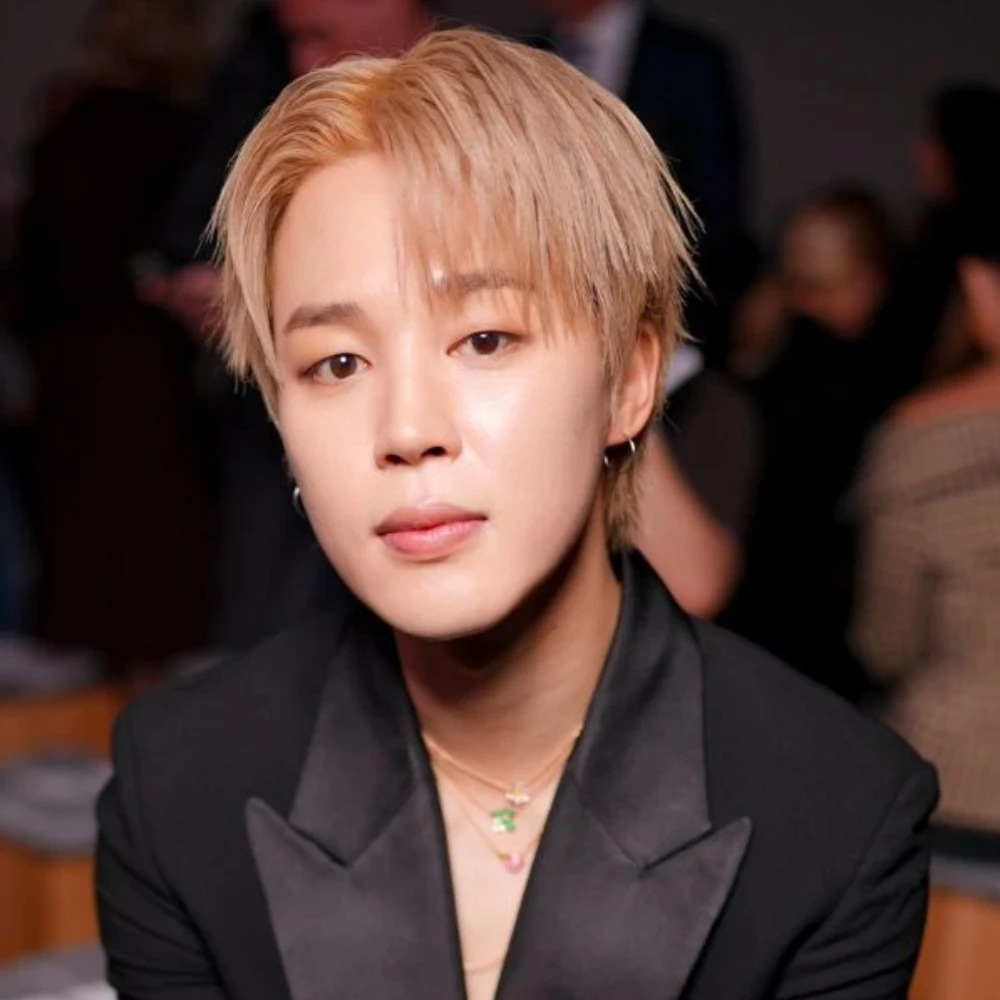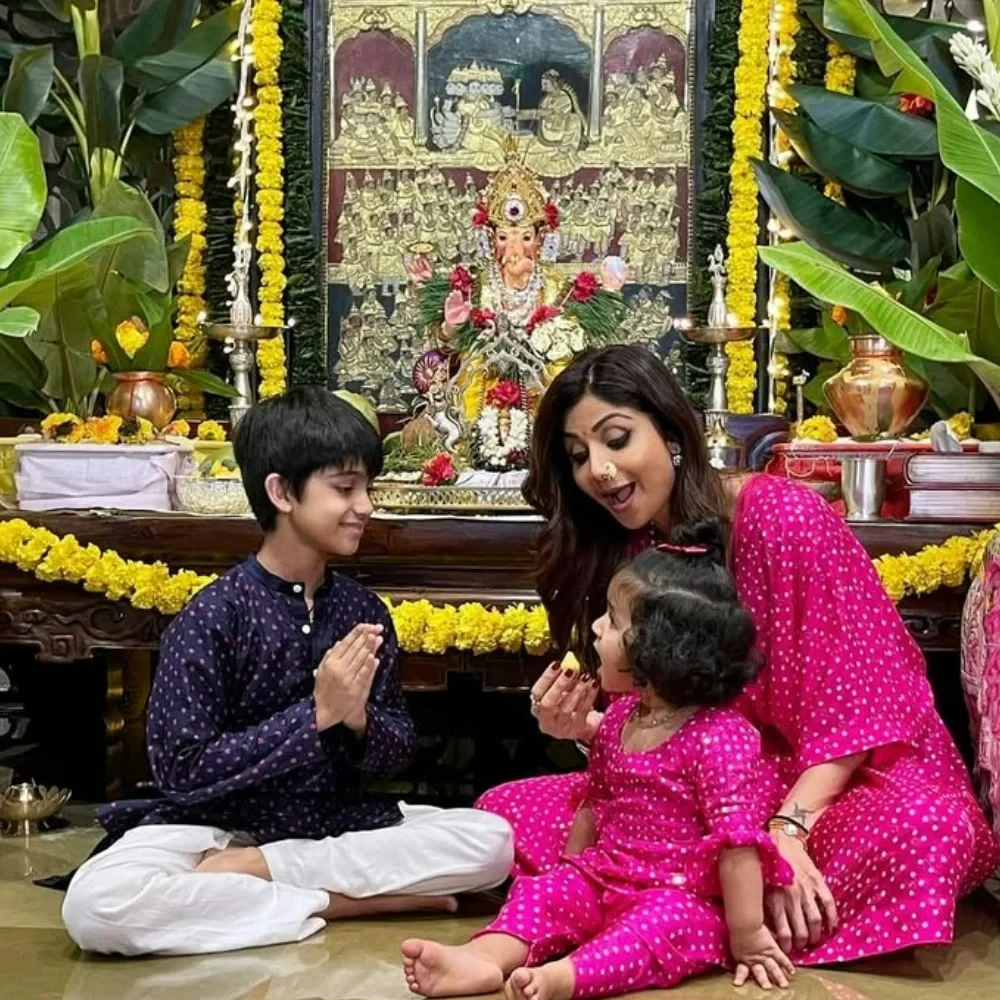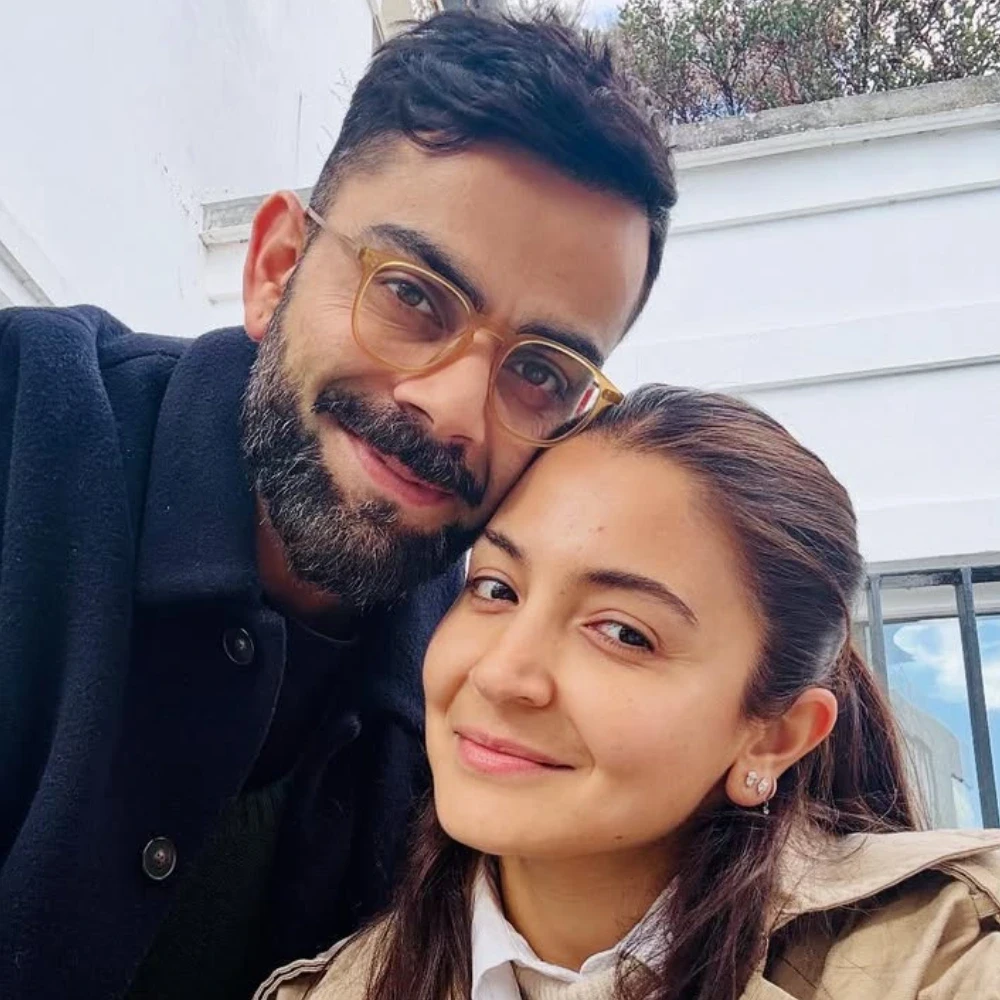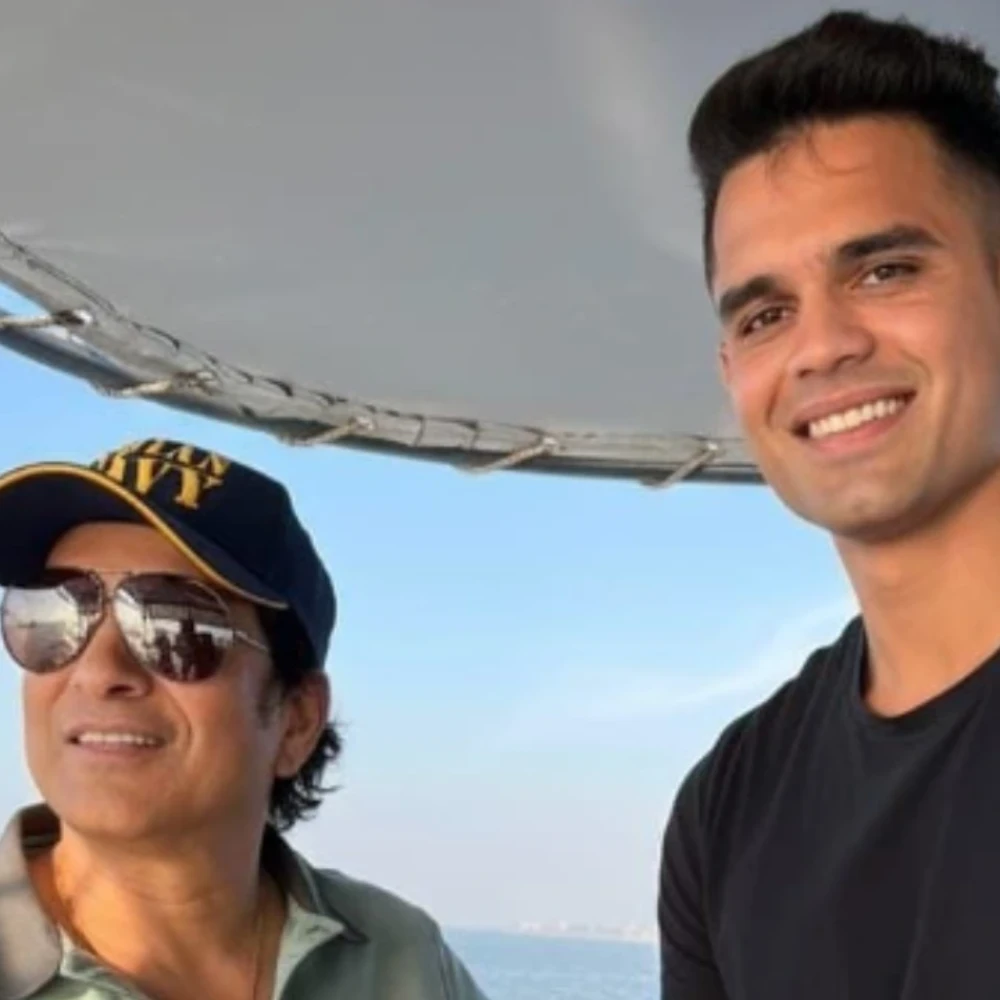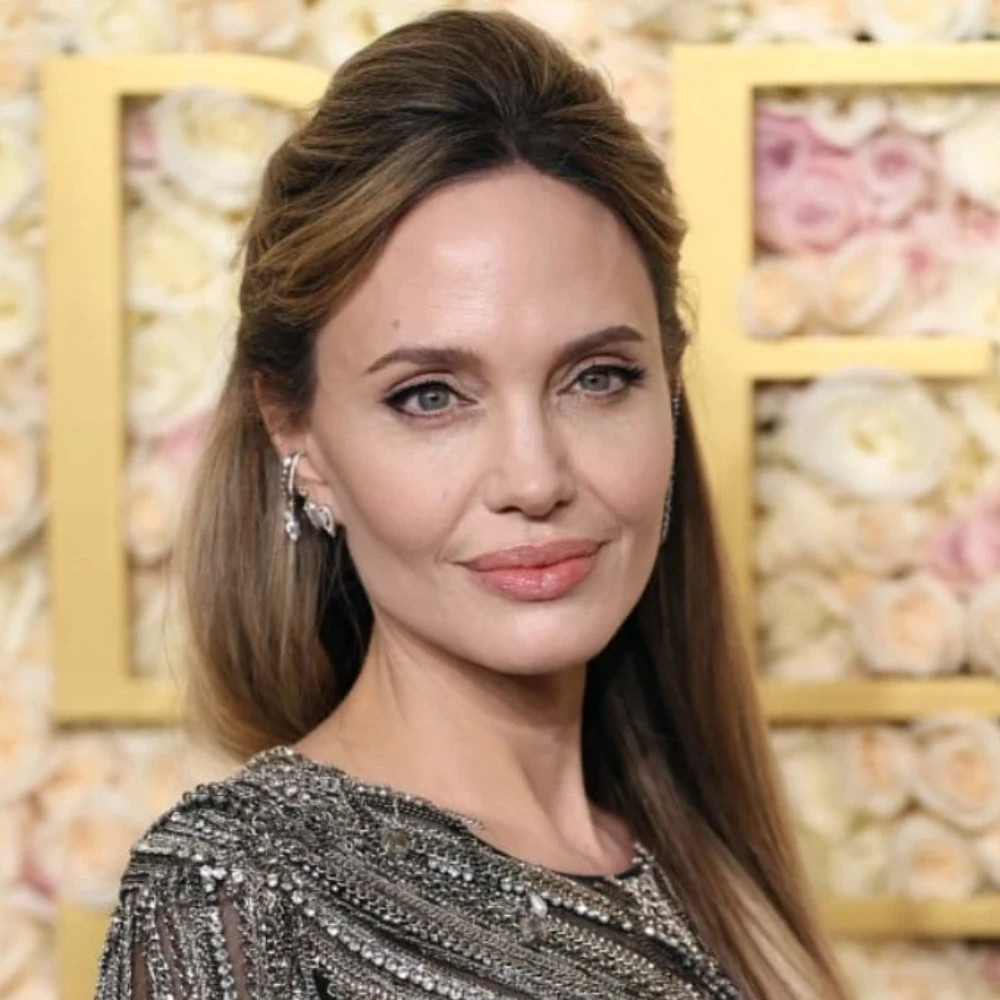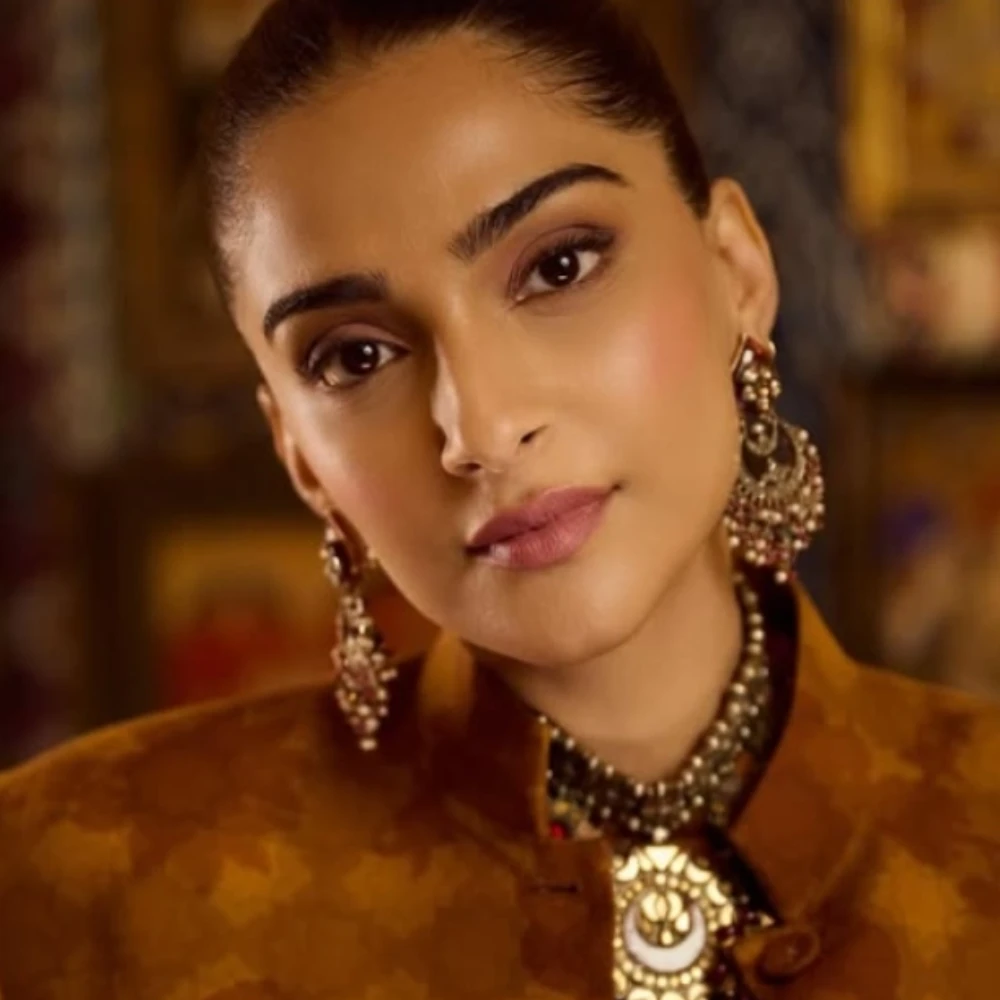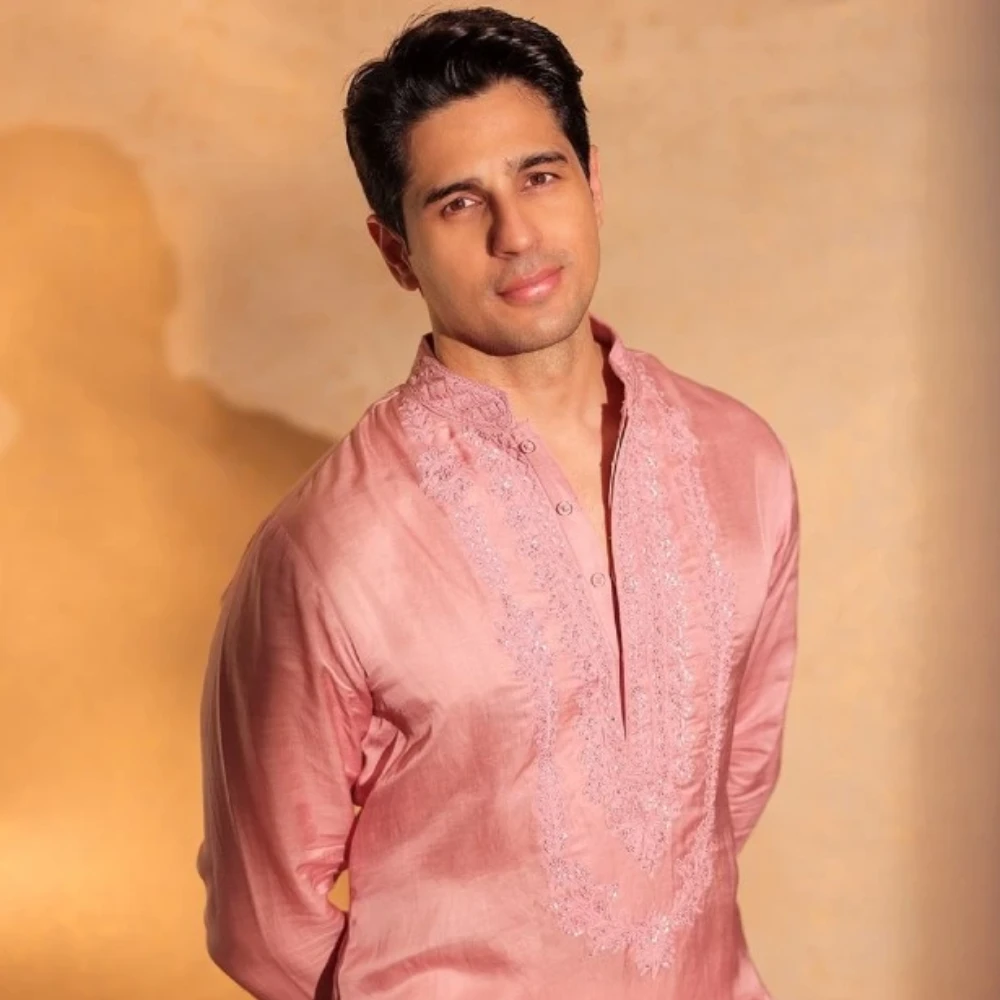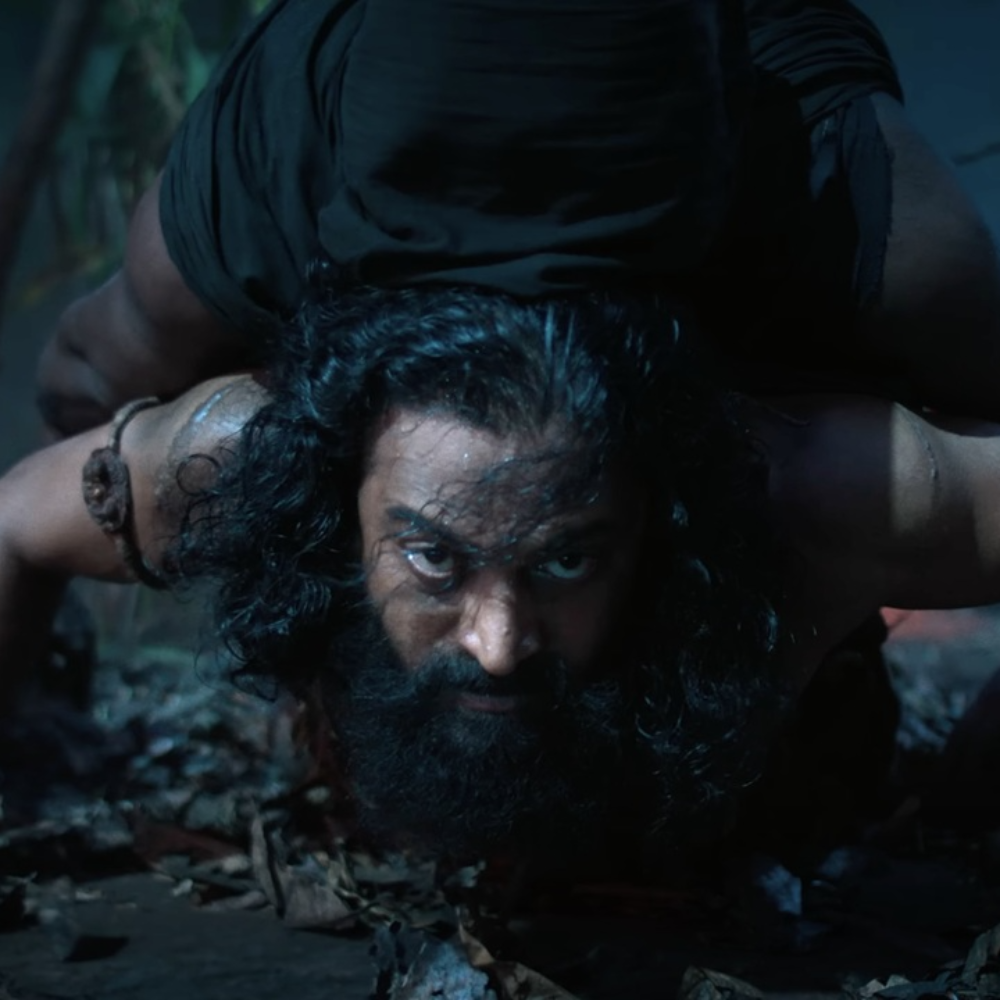Did Squid Game 3 have an alternate happy ending? Director Hwang Dong Hyuk reveals why he changed Lee Jung Jae's fate
Squid Game 3's director and screenwriter revealed why he chose Song Gi Hun's sacrifice over an originally planned happy ending. Know about it.
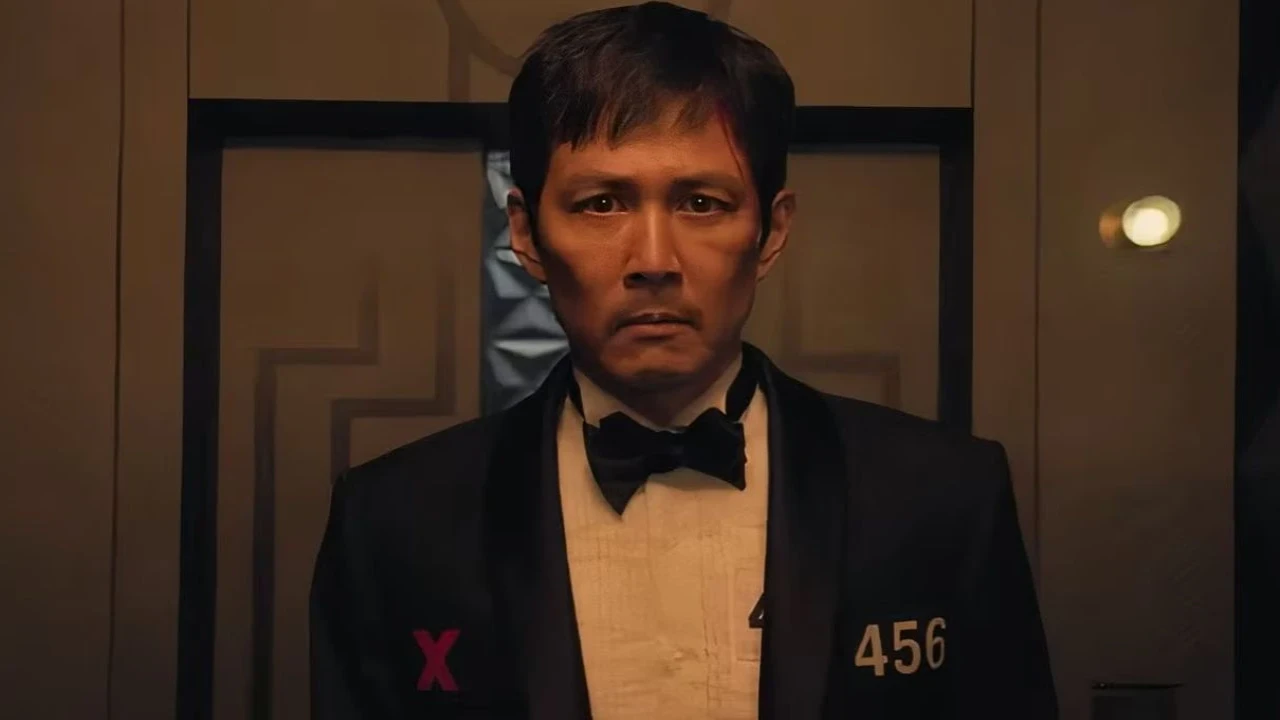
The Lee Jung Jae-centered Squid Game series concluded with its third and final instalment on June 27. The show took over the internet just hours after its release. One particular scene that sparked widespread discussion is the ending, which features the tragic fate of the protagonist.
In a post-release interview, director Hwang Dong Hyuk revealed an alternate happy ending and the reason for changing it, as reported by the K-media outlet iMBC Entertainment.
Squid Game 3's controversial ending
For those who haven't watched the show yet, the ending included Lee Jung Jae's Song Gi Hun falling off a high platform to take his own life, during the final game.
He sacrificed himself to show that the poor and underprivileged were not mere pawns in the games created for the entertainment of the rich and powerful. With that, Kim Jun Hi's (Jo Yuri) three-day-old daughter, the new player 222, became the winner of the show.
Squid Game 3's director reveals reason for picking Gi Hun's sacrifice over a happy ending
When the interviewer asked director Hwang Dong Hyuk if he ever envisioned a happy conclusion, he revealed that in the initial stages of planning, he had considered having Gi Hun dismantle the game and reunite with his daughter in the US.
However, as the writing process progressed, he began to question the message he wanted to convey through the drama. "The world is worse now than when I made Season 1," he noted.
"Economic inequality has deepened, war and climate crises are rampant, and people feel powerless." The Squid Game 3 creator stressed that he wanted "Gi Hun's sacrifice" to symbolize the responsibility that ordinary individuals bear, which includes them having "to protect what matters." The poignant truth of the real world was underscored by Gi Hun's heart-wrenching fate, adding a layer of depth to the narrative.
Regarding the baby becoming the winner of the deadly games, he said, today's youth "believe their future is bleaker than their parents'. That's why the baby became central—something to protect, something worth changing for."
According to him, the baby symbolized future generations, embodying hope and emphasizing the importance of leaving behind a better world for them.





 JOIN OUR WHATSAPP CHANNEL
JOIN OUR WHATSAPP CHANNEL